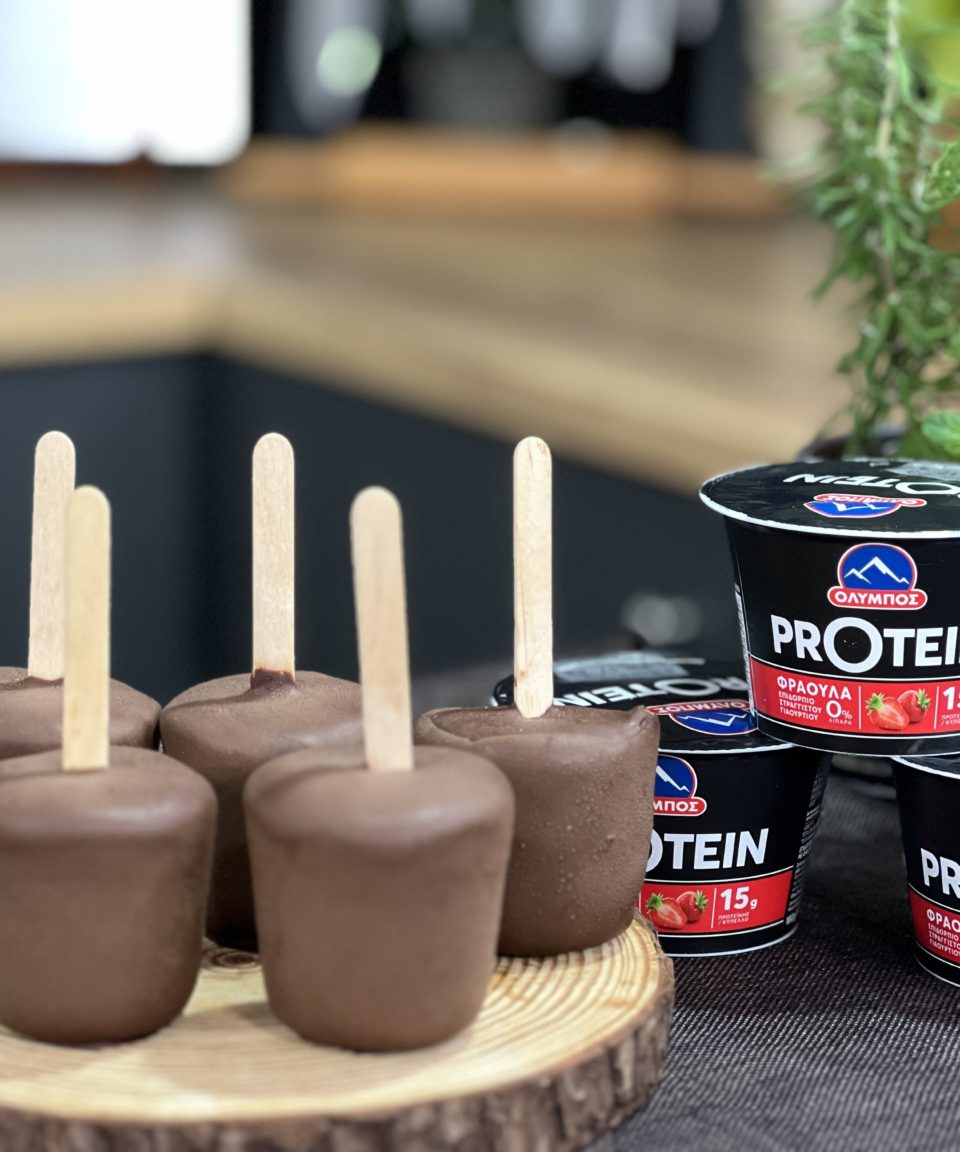Greek GMO Free Animal Feed

OLYMPOS, responding to the needs of the times, took the necessary initiatives, from moment one, for a solution in the production of safe, Greek animal feed and the restriction of the imports of agricultural products, by submitting a proposal for the revival of the Greek countryside, the boosting of employment and the growth of the Greek economy.
Since June 2011, and in cooperation with the laboratory of Genetics and Enhancement of Plants of the Department of Agriculture Crop Production and Rural Environment of the University of Thessaly, as well as with of the Institute of Livestock Plants of the Hellenic Agricultural Organization ”DIMITRA” (former NAGREF), we started research projects,
aiming at the study of the cultivation of non-genetically modified protein, fodder plants, at interregional pilot field experiments, of duration of 28 months.
As OLYMPOS, we are proud to create a new vision for the group of associates that work systematically on this project, and for the producers, livestock breeders and farmers.
Our ambition is to inspire and to lead the way in the creation of a new Greek network of contractual agriculture for pure Greek animal feed, and pure, high quality products.
We defend the consumers’ right of freedom of choice, and, responsibly, we will continue keeping you posted.
At OLYMPOS, we plan and implement responsibly, we keep the vision alive, and we aspire to contribute to the growth of the Greek primary production, the increase in employment, the reduction of the imports of agricultural products and improvement of their balance, as well as the growth of the Greek economy. But, most of all, we want to contribute to the creation of a new, modern view on primary production, based on Greek, traditional values, which our country needs so much. Our commitment to the production of pure, high quality products, is constant.


